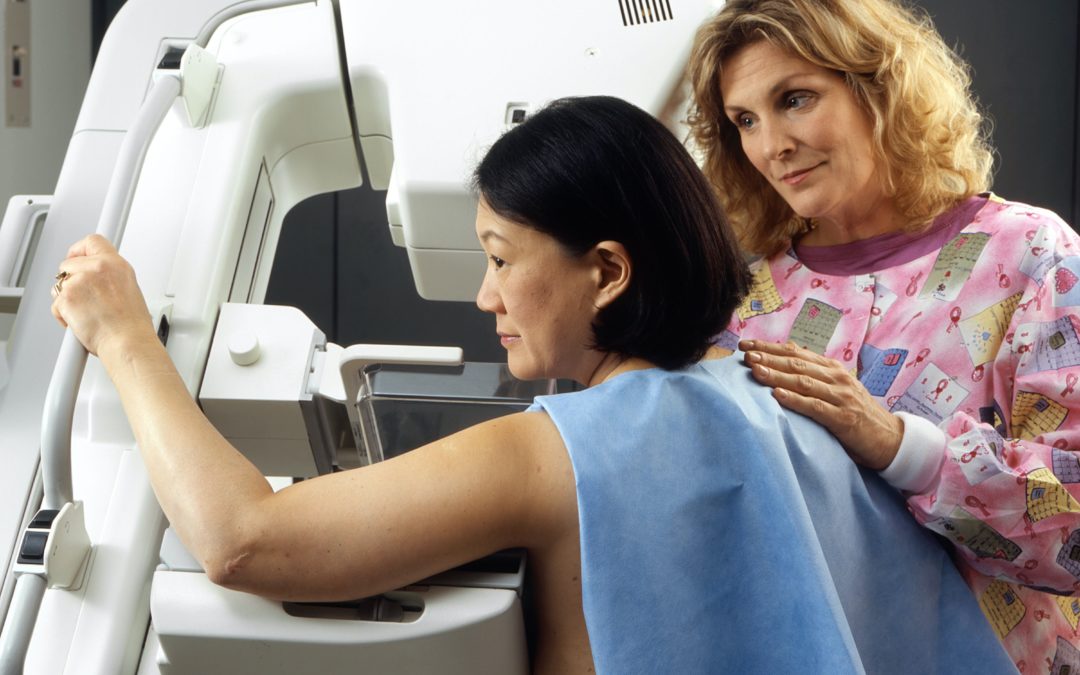Getting regular cancer screening helps in the early detection of the disease, significantly increasing successful treatment chances. It is a vital healthcare practice as it promotes early diagnosis and the actual screening among a population. Recognizing the early warning signs of cancer and promptly taking action can lead to early diagnosis. Although there are several causes of cancer, being aware of the warning signs significantly impacts the fight against this dreaded disease. Early cancer signs can include abnormal bleeding, lumps, sores that don’t heal, etc. Early diagnosis is even more crucial for cancer types such as skin, breast, mouth, colon, and rectum. Screening can save lives from cancer when detected at an early stage.
Recommended Cancer Screenings
Cervical cancer screening
Women are encouraged to get screened for cervical cancer to detect any precancerous changes that could result in cancer if not treated on time. Cervical cancer screening is open to women between 25-64. Women in the age group 25-49 should get cancer screening every three years and ten years for women between 50 and 64. Regular screenings help detect cancer early enough, significantly increasing the chances of treatment.
Breast cancer screening
Breast cancer screening utilizes an X-ray of the breast test called a mammogram to detect cancer in its early stages. The older women get, the higher the likelihood of getting breast cancer. Women between 45-54 should get a mammogram on an annual basis. The National Cancer Institute recommends that those above 55 years should do a mammogram every two years or proceed with the annual screening. It will also help if women know how their breasts usually look and feel and promptly report any changes to a health provider.
Colon Cancer Screening
Colon cancer is a common form of cancer that usually has no symptoms in its early stages, making screening quite important. Screening helps trace and remove polyps before they grow into cancer. Polyps are small growths found in the rectum or colon that often develop with no signs in their initial stages. When detected early, doctors have more treatment options to explore, guaranteeing better outcomes. The screening tests for colon cancer are colonoscopy and immunochemical tests (FIT). If you are between 50-74, you must consult a healthcare provider on the right screening option. The people recommended for screening are those with no symptoms that suggest colon cancer.

